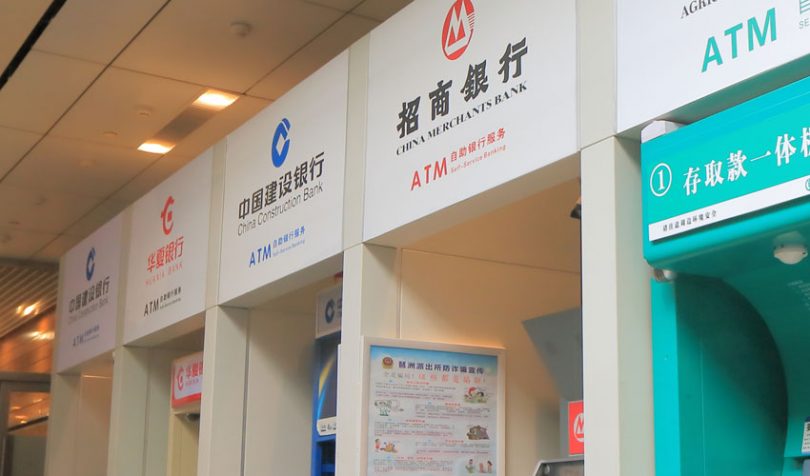Last year Tencent, the company behind the WeChat messaging and WeChat Pay, introduced an e-invoicing blockchain. China Merchants Bank (CMB) was one of the organizations to take part in the Shenzhen Taxation Bureau pilot of the blockchain and issued its first invoice in November. Yesterday the China Electronic Banking Network reported that the bank has expanded its usage, and both the China Merchants Fund subsidiary is using it as well as consumer finance subsidiaries.
In addition to using the platform in-house, the bank plans to enable clients to use the tax bureau’s blockchain. The idea is to extend the bank’s integrated payment solution to provide e-invoicing for SME merchants without the merchants needing to get involved in software development.
The tax departments are keen for the integration because it makes it harder for companies to duplicate invoices when claiming deductions. Several countries are exploring or have rolled out tax e-invoicing platforms, though most don’t yet use blockchain. In addition to the deductions issue, they can monitor sales tax or VAT receipts.
This isn’t China Merchants Bank’s only blockchain endeavor. It was one of the first to execute a blockchain Letter of Credit on the “China Trade Finance Inter-bank Trading Blockchain Platform” which was announced in late December 2018.
CMB is listed on the Shanghai and Hong Kong Stock Exchanges. Nonetheless, government-controlled companies held just under 30% of the shares as of 2016. Fortune’s 2018 Global 500 list ranked it in 213th place with revenues of almost $48 billion.
According to a 2018 S&P Global Market Intelligence CMB is the 8th largest bank in China (31st in the world) based on assets. However, it has only a quarter of the assets compared to the largest bank Industrial and Commercial Bank of China (ICBC). In China, there is a big four set of banks: ICBC, China Construction Bank, Agricultural Bank of China and Bank of China.






